Meet Your Maker: Titanium Frame Fabrication at Ora Engineering
Meet Your Maker is going to be a new series for the site, highlighting the people, places, and things that bring you the bikes and components you love. Today I'm kicking things off in the land where many bikes start their journey: Taiwan. A few of us from the team are here on a fact-finding mission, seeing all the hot new things at the Taipei Bike Show.
Thanks to some extra time on the front side of the trip, we were able to visit a few factories along the way, including today's highlight. Ora Engineering is a frame manufacturer located in Taichung, specializing primarily in titanium fabrication, but working in steel and aluminum as well. They build bikes for a wide variety of customers, from small one-off projects to major manufacturers anybody would recognize.
On a basic level, Ora takes raw tubing and metal billet and turns those ingredients into bike frames, components, and tooling. They do all of this in-house, with a large team of experienced workers and relatively little automation. There was one charismatic little robot and a bevy of CNC machines, but otherwise things are fairly similar to what you'd see at a much smaller outfit.
They do all their butting, forming, and mitering in house, in contrast to most other outfits that choose to outsource those processes for efficiency.

Tubes are mitered by *wire EDM, a process I personally hadn't seen before. Often tubes are cut with a hole saw, laser, or ground into shape.
Once mitered (and formed, if need be), tubes get mounted into the jig for that given bike, aligning the cut tubes in their final form. One welder on line tacks things in place, then hands that frame off to another station to get fully welded up.
After alignment is checked, things go through final detail processes, where surfaces are ground, bearing references are faced, and accessory holes are drilled.
There are many procedures a frame undergoes to be truly complete, such as heat treatment, chemical baths, and pre-paint texturing. All of those are done in Ora's factory, in a few disparate corners around the place.
Some of the frames get sent off for powder coating, others are kept raw, and some titanium models get the anodization option from factory.
Things aren't just frame focused at Ora though, with some pretty complex components moving through their factory as well.
The frames and components made at Ora are also tested in their facility, to make sure they handle fatigue, impact, and other use-related damages without failure. There are a variety of machines at play here, as well as some attractive graveyards of parts and frame pieces.

One of the more impressive machines was their water treatment facility, which removes any byproducts of the fabrication process.
While Ora might not sell bikes directly to customers on the open market, odds are good that you've seen their bikes and components out in the wild.
Author Info:
Must Read This Week
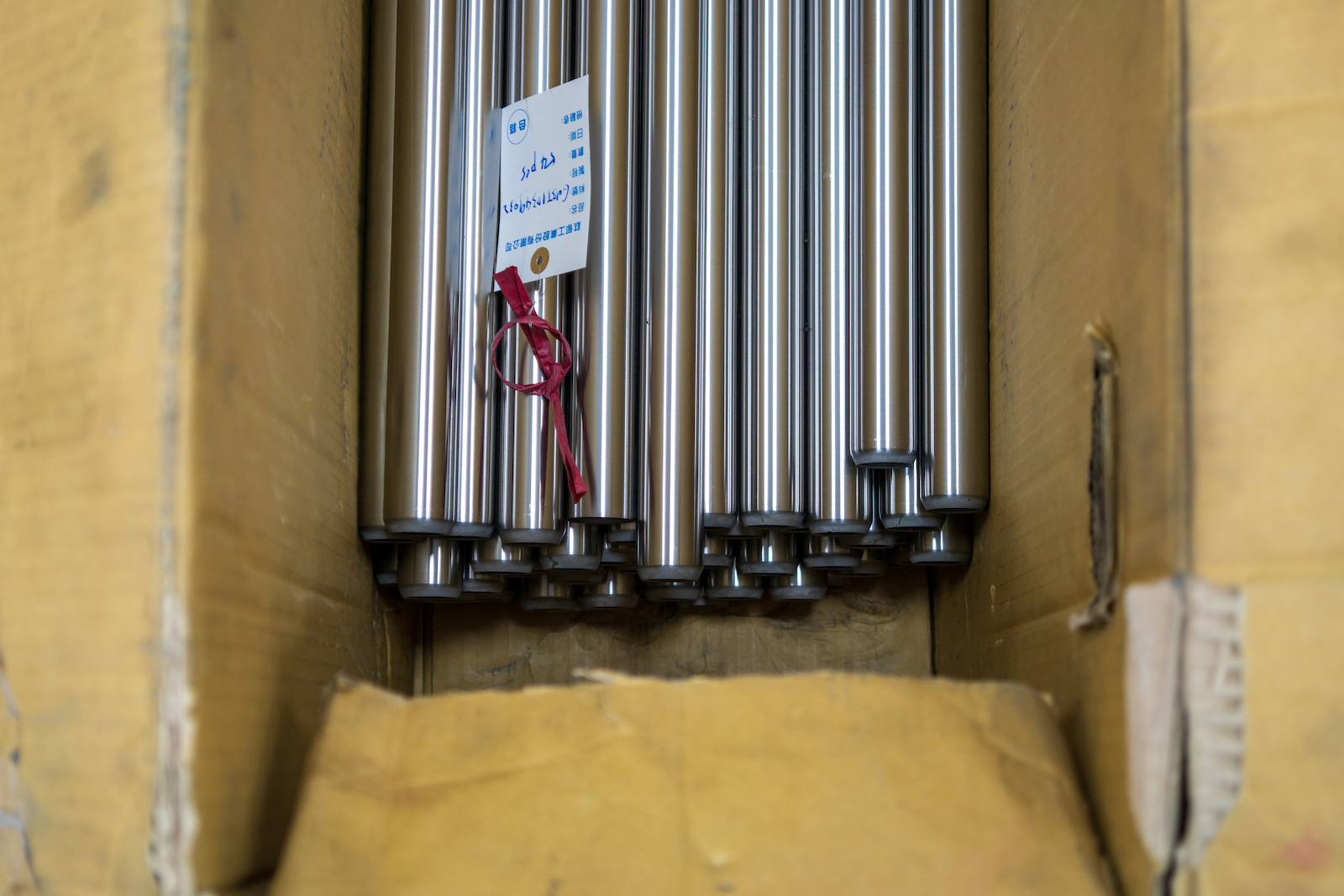
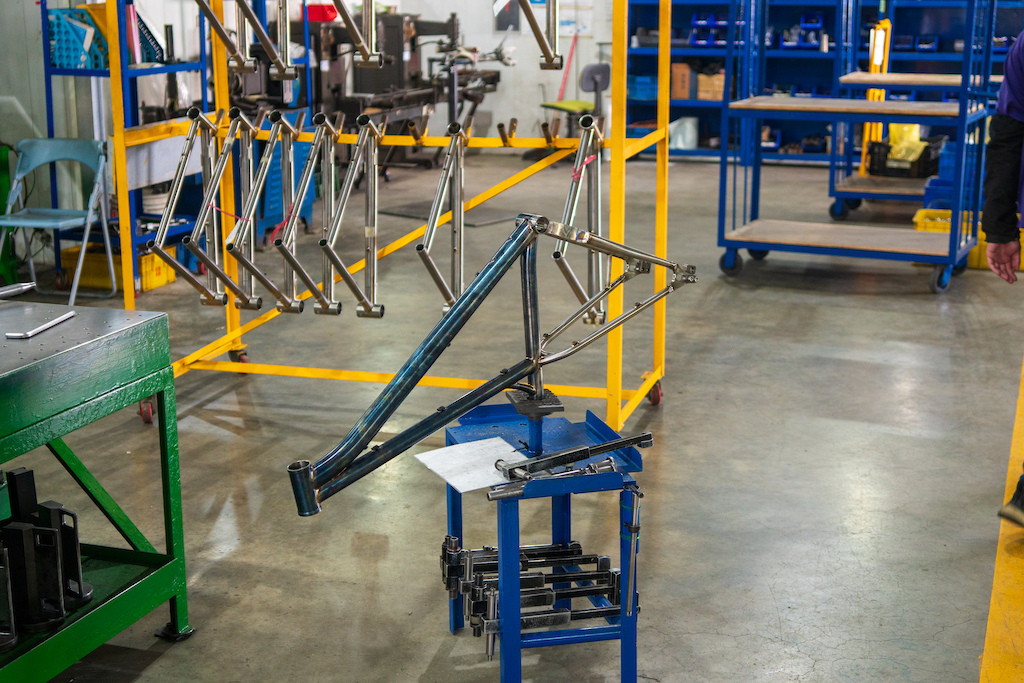
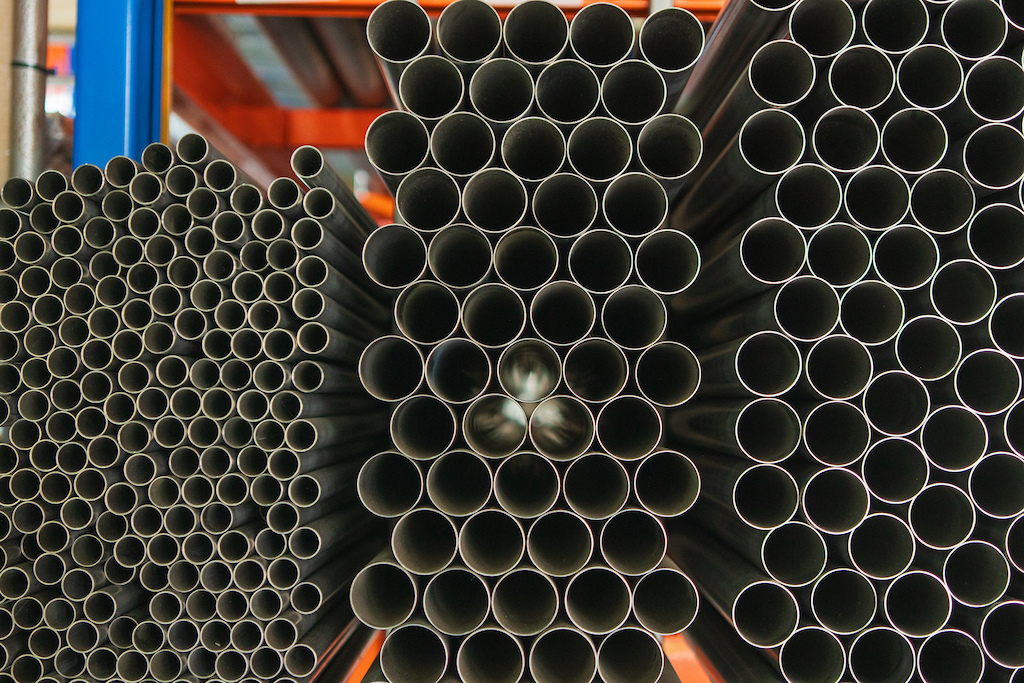
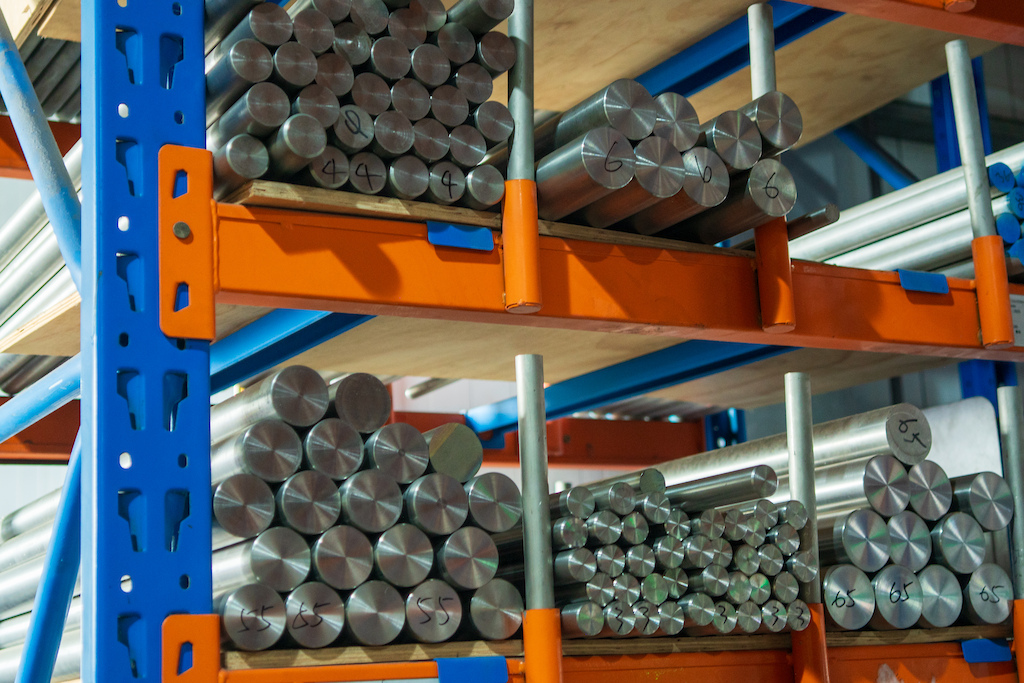
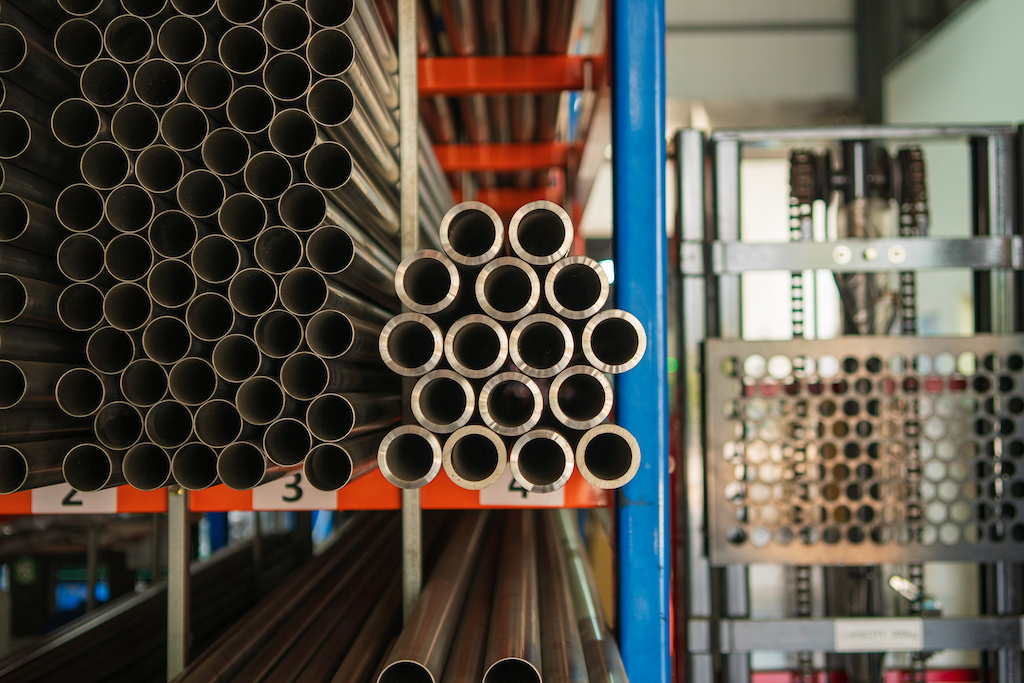
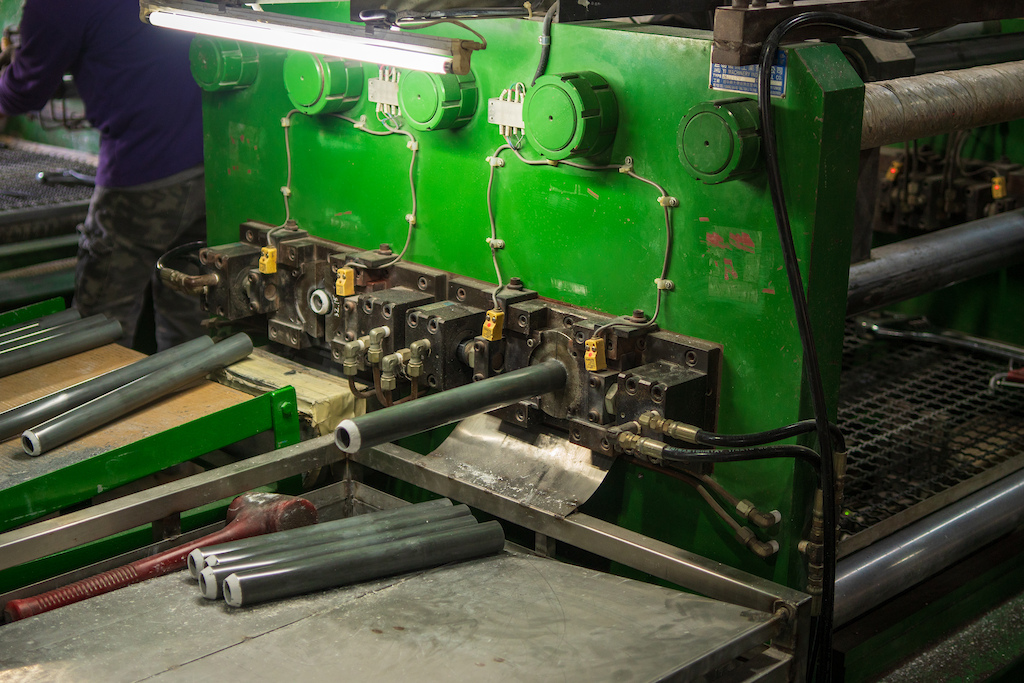



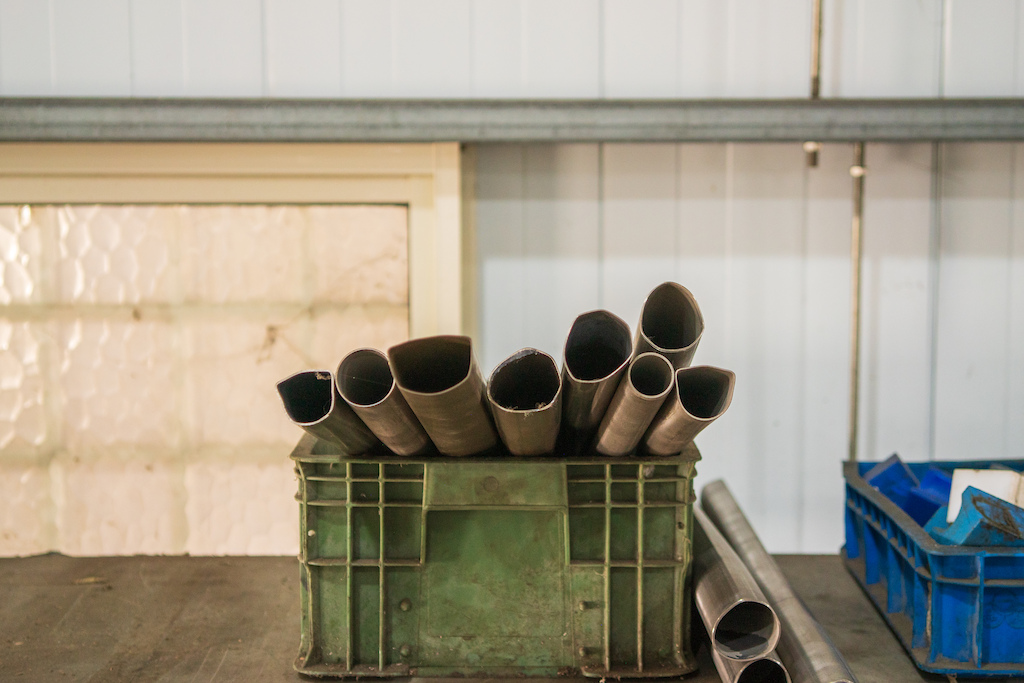
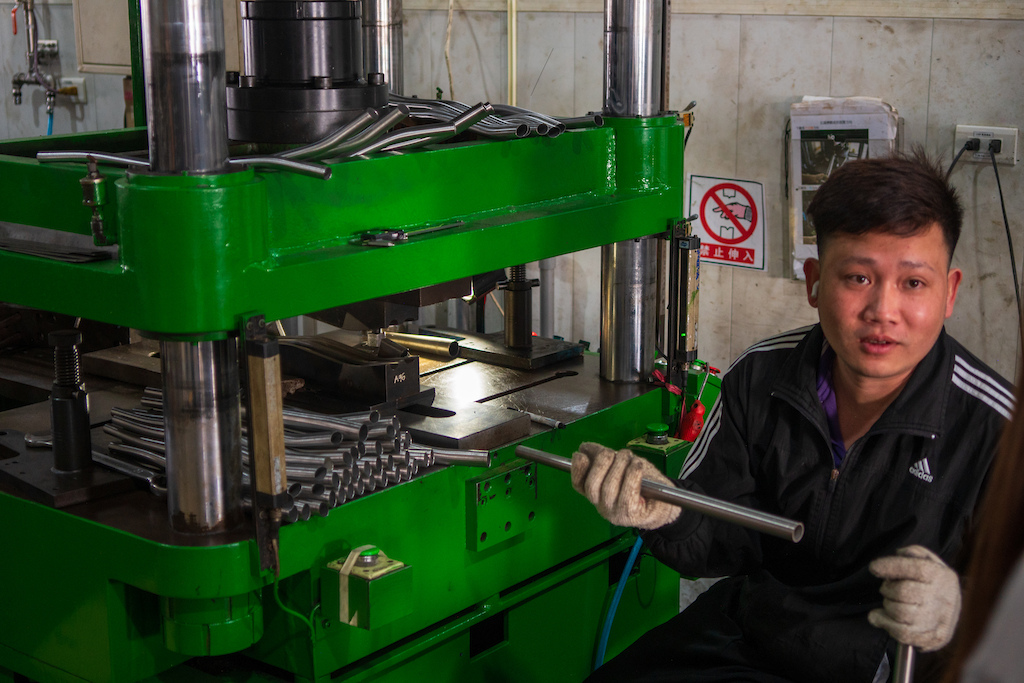
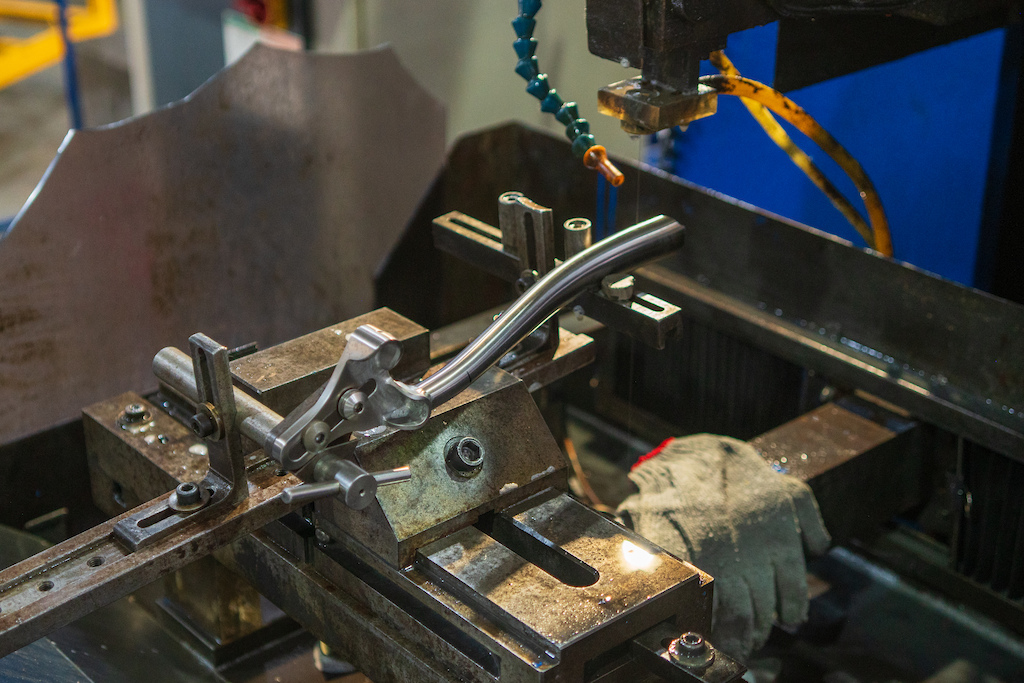





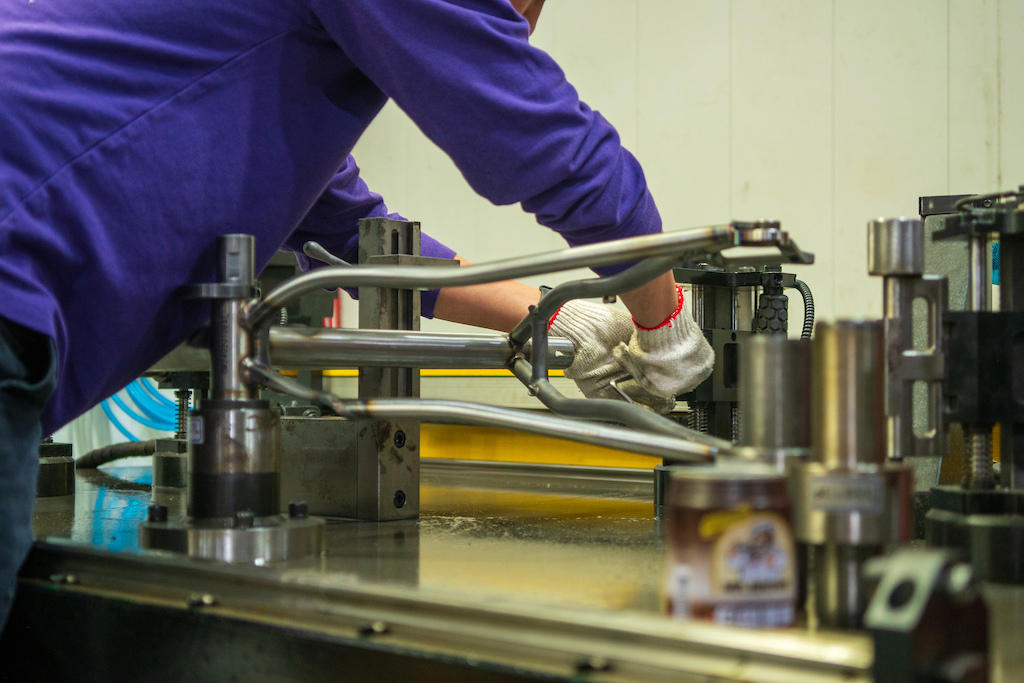
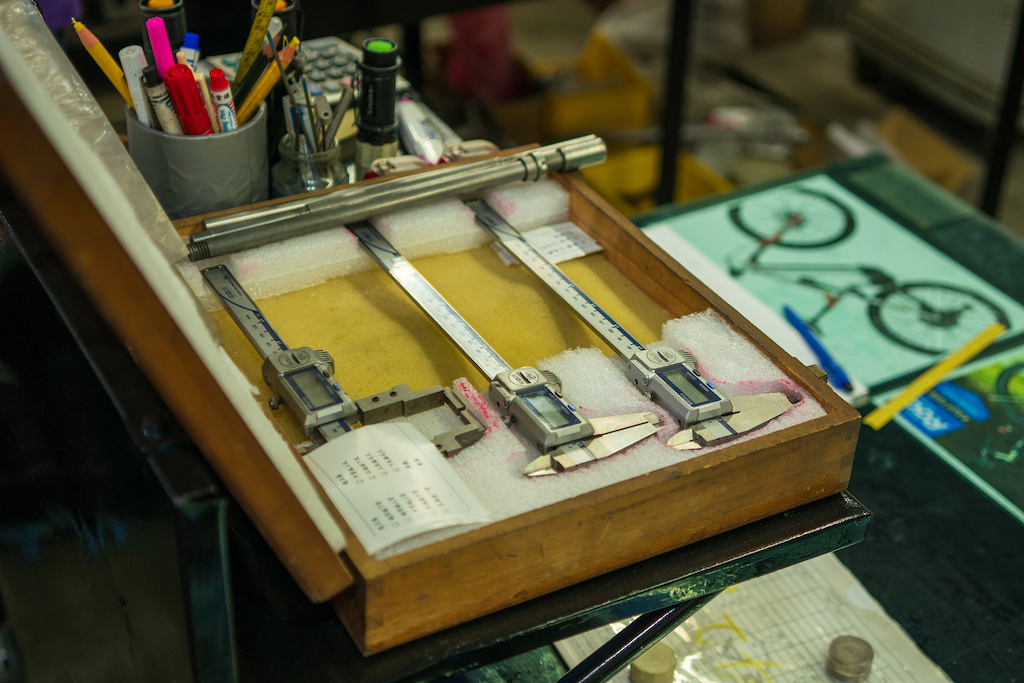
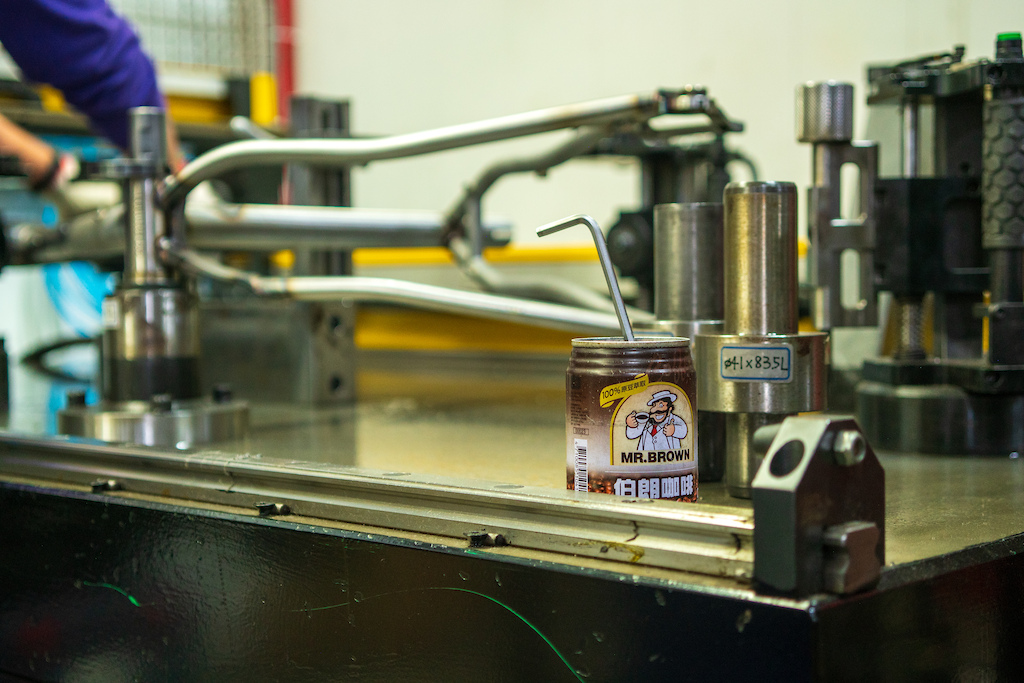
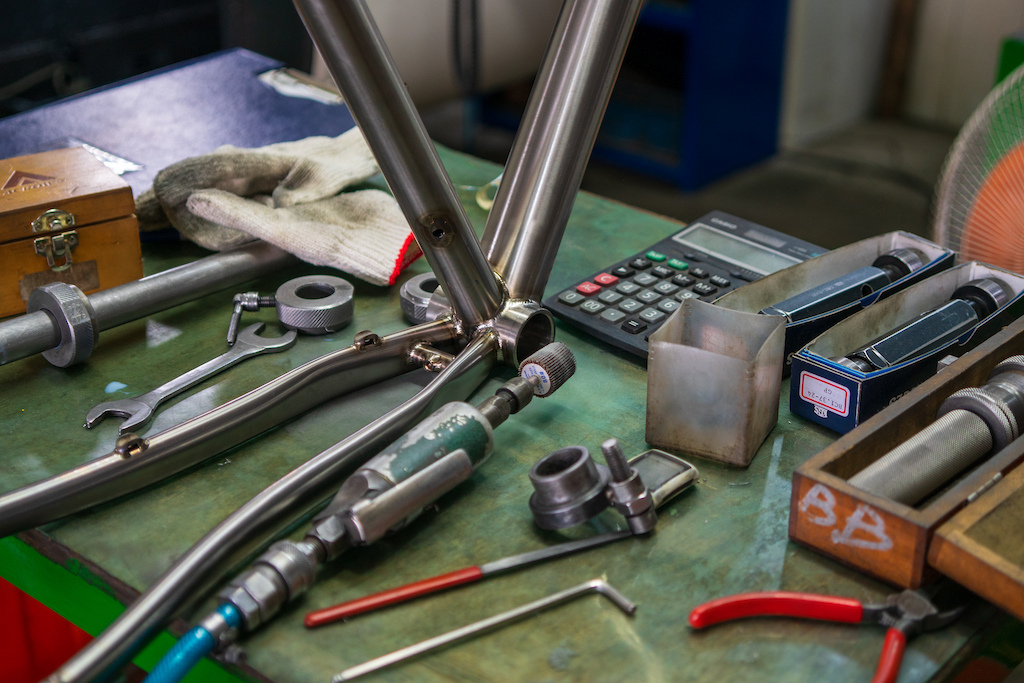
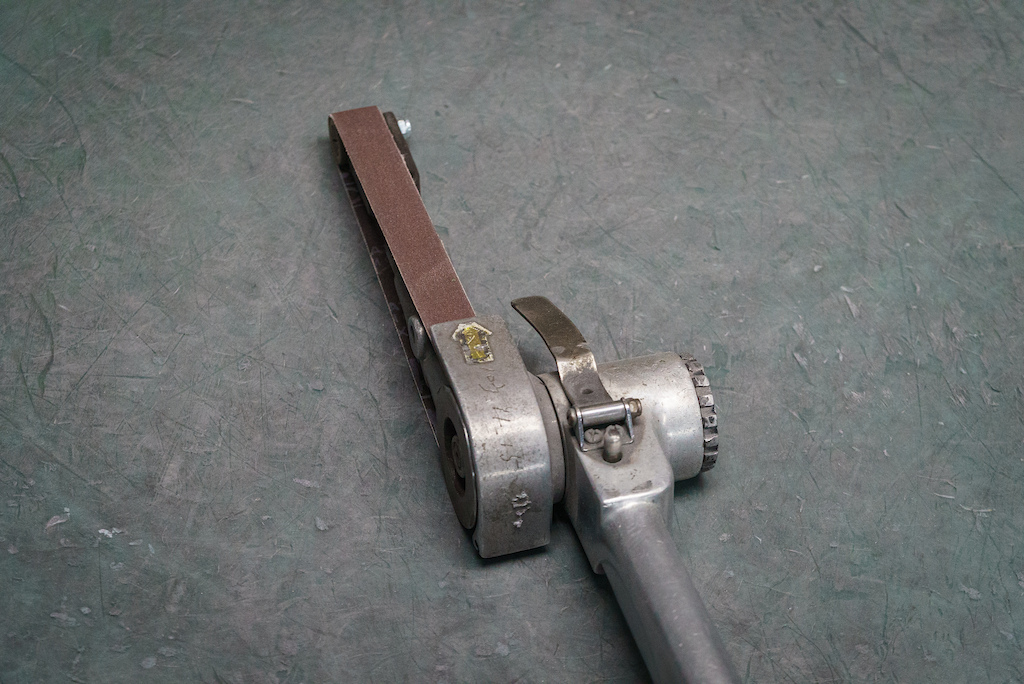










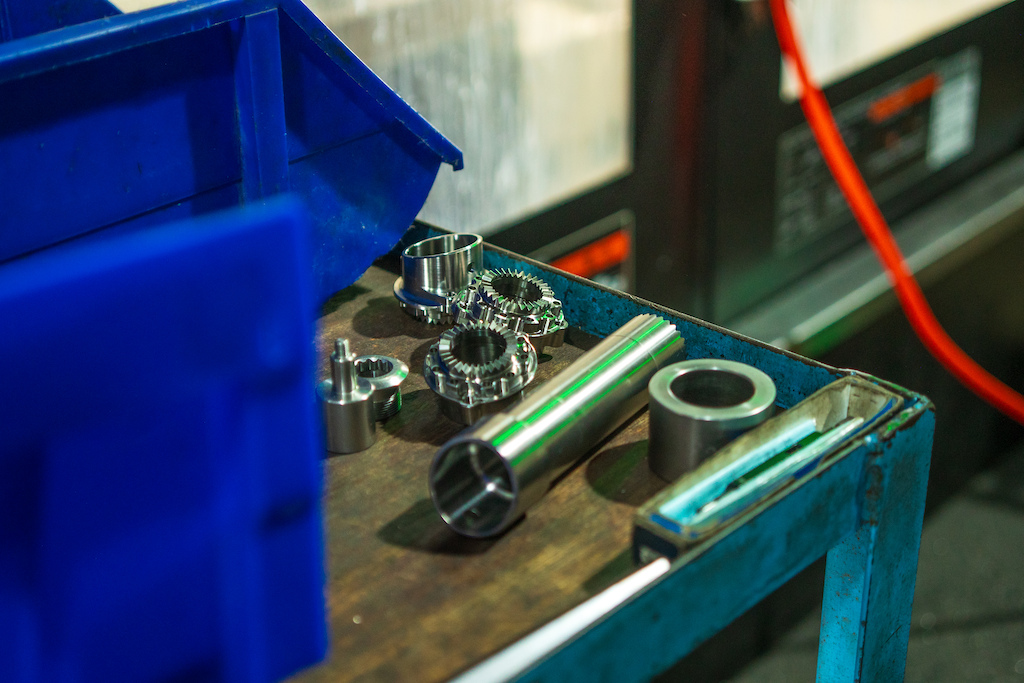



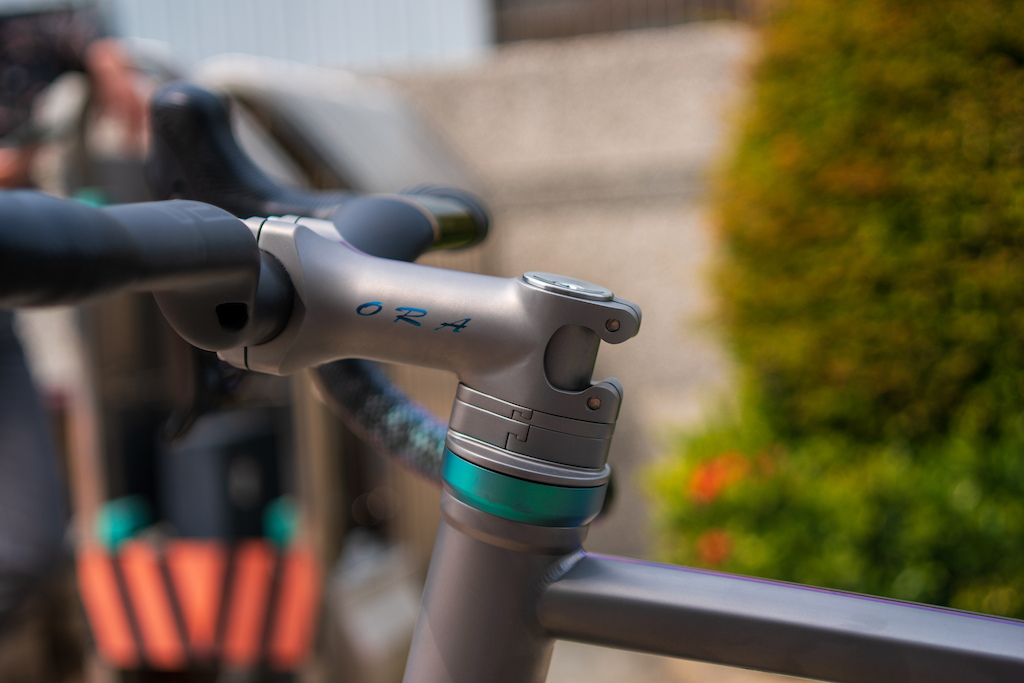












Personally, if a company/business/person/whatever, goes out of their way to try to hide this behind a veil of secrecy or denial, it is quite off-putting.
There are ways to look into it, though.
www.importyeti.com/company/chromag-bikes
www.importyeti.com/company/riser-distribution-chromag-bikes
www.importyeti.com/company/cane-creek-cycling
www.importyeti.com/company/fox-factory
www.importyeti.com/company/yeti-cycles
It also gets muddy when components from one country of origin are assembled into greater parts, which are then moved again, assembled into even great parts etc etc.
Frames should be pretty easy though, they aren't very complicated. Banshee's factory for example, has even been shown on PB here. But again, there is nothing wrong with where its made - some of these places export very high quality product.
www.pinkbike.com/news/closer-look-banshee-scythe-2010.html
Ive heard a podcast with the owner of sour Bikes (Germany). In Corona they moves the frame-production of one Bike frame tò Germany ans they had a hard time finding wielders, who can wield as food as the taiwanese. Not in terms of durability, but in particular optic-wise. So i Guess its Safe to that a taiwanese frame Is high quality and these people are experts in their job.
Riza stems are definitely made in Whistler.
So the stainless steel ball bearings that that the company I used to work for anodised on a weekly basis were in fact aluminium or titanium !! (or even chocolate perhaps)
Duuuh
Also, that is one of the cleaner factories I've seen.
Oh and industrial anodising is performed in plastic bins and you can’t anodise a ball bearing unless it’s made from aluminium or titanium of course.
Derp.
"test rig" - Lol
So the stainless steel ball bearings that that the company I used to work for anodised on a weekly basis were in fact aluminium or titanium !! (or even chocolate perhaps)
Duuuh
Do you know how titanium is anodised?
You anodised stainless steel ball bearings?